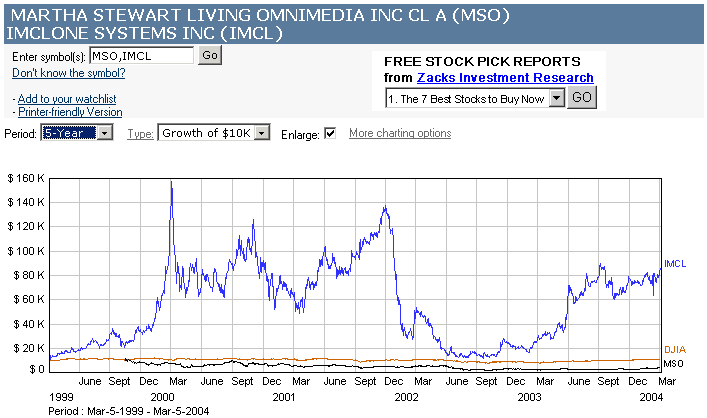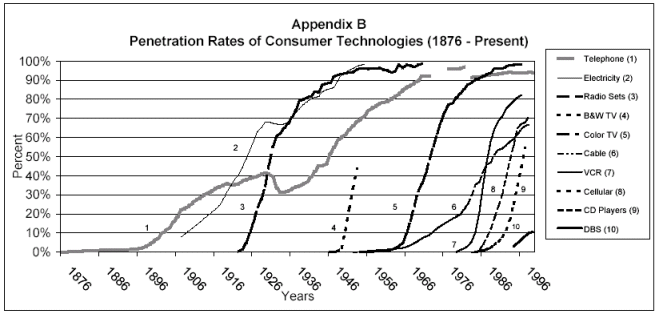A recent piece by Washington Post author Joel Achenbach quotes Berkeley's Peter Lyman:
"There's been a culture war between librarians and computer scientists," Lyman says.
And the war is over, he adds.
"Google won."
Of course librarians struggle to explain to students and others that Google alone doesn't suffice in many cases, but I didn't think there was a war going on. In fact, a librarian, Cindy Chick, introduced me to Google soon after Page and Brin launched it at Stanford. It seems to me that as a cohort librarians probably rely on Google as much as anyone else -- they just know how to use it better, and they don't use it exclusively.
For almost a year I've been saying openly that "Google has won," but the war I have in mind is Google versus Yahoo, AskJeeves, AlltheWeb, etc. Not everyone agrees. Last June, I postulated that Google had won to Craig Silverstein, Director of Technology at Google and he quickly distanced himself from the notion. Google principals display a quiet confidence but also studied humility. When I gave a talk at Internet Librarian entitled "Why Google Won", some folks from Yahoo wanted to have a chat with me afterwards -- in the Monterey Bay.
What's surprising to me is which "side" Peter takes in Google vs. Librarians :
And yet Berkeley professor Peter Lyman points out that traditional sources of information, such as textbooks, are heavily filtered by committees and are full of "compromised information."
And the open public Web is full of authentic, up-to-date, accurate information, that Google always puts at the top of the hit list? Peter, come back to visit for
some Lake Michigan whale watching!!!
Actually, I bet this will prove to be a false dichotomy, as Google integrates more and more commercial content under their search umbrella, such as their recent IEEE partnership. We may yet see an Advanced Search radio button toggling between the Public Web versus Commercial Content Filtered by Committees, Full of Compromised Information. Important treaties are yet to be signed in Mountain View.






